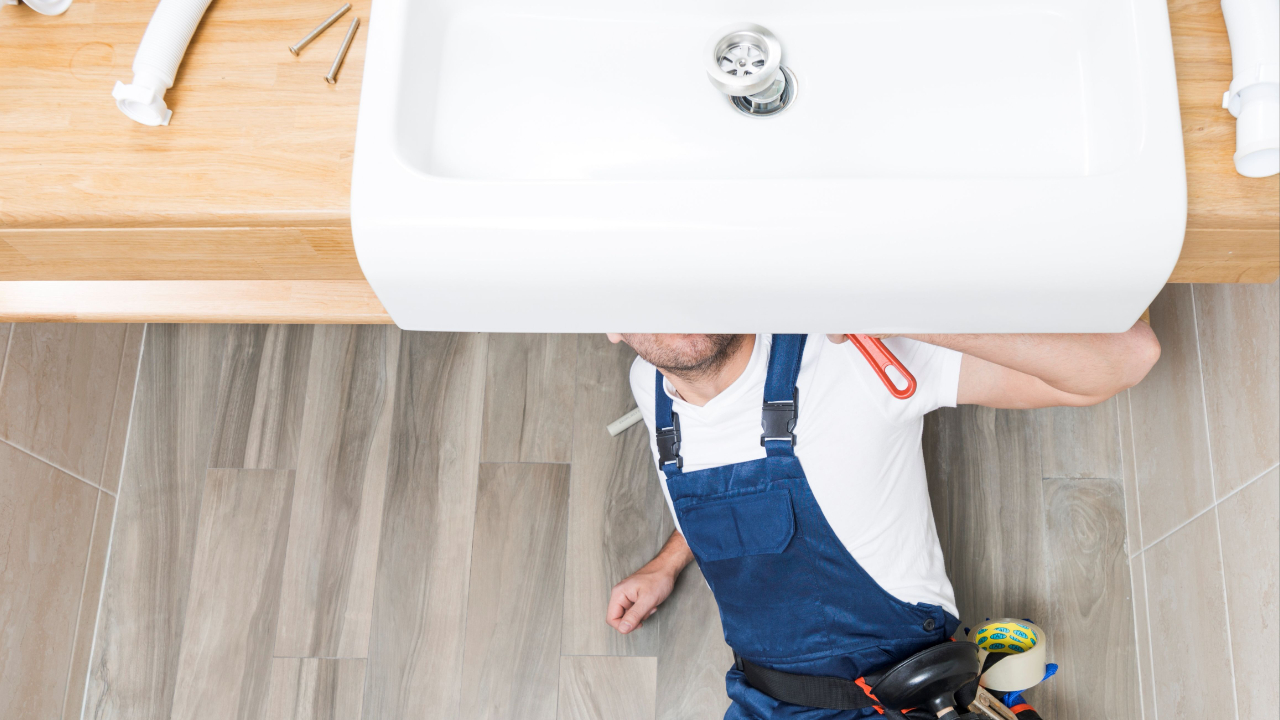Handling Emergency Situations: A Landlord's Checklist
Mar 24, 2023
As a landlord, one of your top priorities is ensuring the safety and well-being of your tenants. This includes being prepared for emergency situations that may arise at your rental property. Whether it's a natural disaster, fire, or medical emergency, having a plan in place can help you respond quickly and effectively. In this blog post, we'll provide you with a checklist for handling emergency situations as a landlord.
1. Create an Emergency Plan
The first step in preparing for emergency situations is to create an emergency plan. This plan should outline the steps you and your tenants will take in the event of an emergency. It should include important contact information, emergency procedures, and evacuation plans. Make sure your tenants are aware of the emergency plan and know what to do in the event of an emergency.
2. Know What Is Considered an Emergency maintenance request
emergency maintenance requests are situations that require immediate attention from the landlord; examples include:
- Burst pipes or water leaks that cannot be contained
- Gas leaks or fumes that are detectable
- Loss of heat during cold weather
- Lockouts, such as being locked out of your apartment or losing your keys
- Non-functioning toilets, sinks, or showers
- Electrical malfunctions or power outages
- Non-functioning refrigerators or stoves
- Pest infestations that pose a health risk
- Broken windows or doors that compromise the security of the property.
3. Maintain Emergency Equipment
Make sure your rental property is equipped with emergency equipment such as smoke detectors, fire extinguishers, and first aid kits. Regularly inspect and maintain this equipment to ensure it is functioning properly. Replace batteries and other components as needed.
4. Inspect the Property Regularly
Regular inspections of your rental property can help you identify potential hazards before they become emergencies. Look for signs of damage or wear and tear that could lead to accidents or other emergencies. Fix any problems you find promptly.
5. Ensure Adequate Insurance Coverage
Make sure you have adequate insurance coverage for your rental property. This includes liability insurance, which can help protect you in the event of a lawsuit, and property insurance, which can help cover the cost of damages to your property.
6. Establish Communication Channels
Establish clear communication channels with your tenants so you can quickly communicate important information in the event of an emergency. Make sure your tenants have your contact information and know how to reach you in case of an emergency.
7. Have a Plan for Natural Disasters
If your rental property is located in an area that is prone to natural disasters such as hurricanes, floods, or earthquakes, make sure you have a plan in place for dealing with these emergencies. This may include evacuating the property, securing outdoor items, and shutting off utilities.
8. Respond Quickly to Emergencies
If an emergency does occur, it's important to respond quickly and appropriately. Make sure you and your tenants know who to call in case of an emergency, such as the fire department or ambulance service. Follow your emergency plan and take action to minimize damage and ensure the safety of your tenants.
9. Document Everything
Documenting everything related to an emergency can help protect you from liability and provide important information for insurance claims. Keep a record of all communications and actions taken during and after the emergency.
10. Follow Up with Tenants
Following an emergency, follow up with your tenants to ensure they are safe and have the support they need. This can include providing temporary housing or assistance with finding resources to help them recover from the emergency.
Conclusion
In conclusion, emergencies can happen at any time, and it's important for landlords to be prepared. By creating an emergency plan, maintaining emergency equipment, regularly inspecting the property, ensuring adequate insurance coverage, establishing communication channels, having a plan for natural disasters, responding quickly to emergencies, documenting everything, and following up with tenants, you can help ensure the safety and well-being of your tenants and protect yourself from liability.
Don't miss a beat!
New moves, motivation, and classes delivered to your inbox.
We hate SPAM. We will never sell your information, for any reason.

